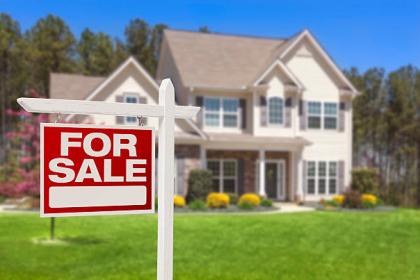Hong Kong real estate prices are falling and continue to fall into the year 2023. Read on more to find out why the most expensive city in the world is having problems in its property market.
As borrowing costs increase, the housing market downturn in Hong Kong is worsening.
According to information released on Friday, the Centaline indicator of secondary housing prices decreased by 2% in the week ending October 30 compared to the prior week, the most since March 2016. The index’s decline brought it to its lowest point since December 2017.
With the Centaline gauge rising by more than 500% from its low point in 2003 to its peak point last year, Hong Kong real estate was among the biggest benefactors of the low global interest rates. Due to rising borrowing prices, a contracting economy, and increased selling pressure brought on by a resident exodus, this is now beginning to turn around. Since its peak in 2021, the secondary home price index has decreased by 14%.
Due to Hong Kong’s currency linkage with the US dollar, the city’s one-month borrowing rate, often known as Hibor, has increased to its highest level since 2008. According to data from the Hong Kong Monetary Authority for new loans from September, more than 96% of mortgages are linked to Hibor.
Residential property values in the city are predicted to decrease 30% from their 2017 levels through 2023, according to Goldman Sachs Group Inc. For an in-depth analysis check out the article here.
Hong Kong Real Estate in 2023:Outlook
A “wait-and-see” mentality is common among homebuyers and homeowners as a result of the uncertain market conditions and worry about interest rate increases.
Due to poor market sentiment, the primary and secondary markets both experienced declines of 8.2% and 5.2% MoM, respectively. According to information from the Land Registry, a total of 3,875 transactions were reported in the residential market, a little decline of 6.3% MoM.
According to the Inland Earnings Department, Hong Kong’s overall stamp duty revenue from home sales registered 202 cases in September, hitting a new two-and-a-half year low. Buyer’s …



